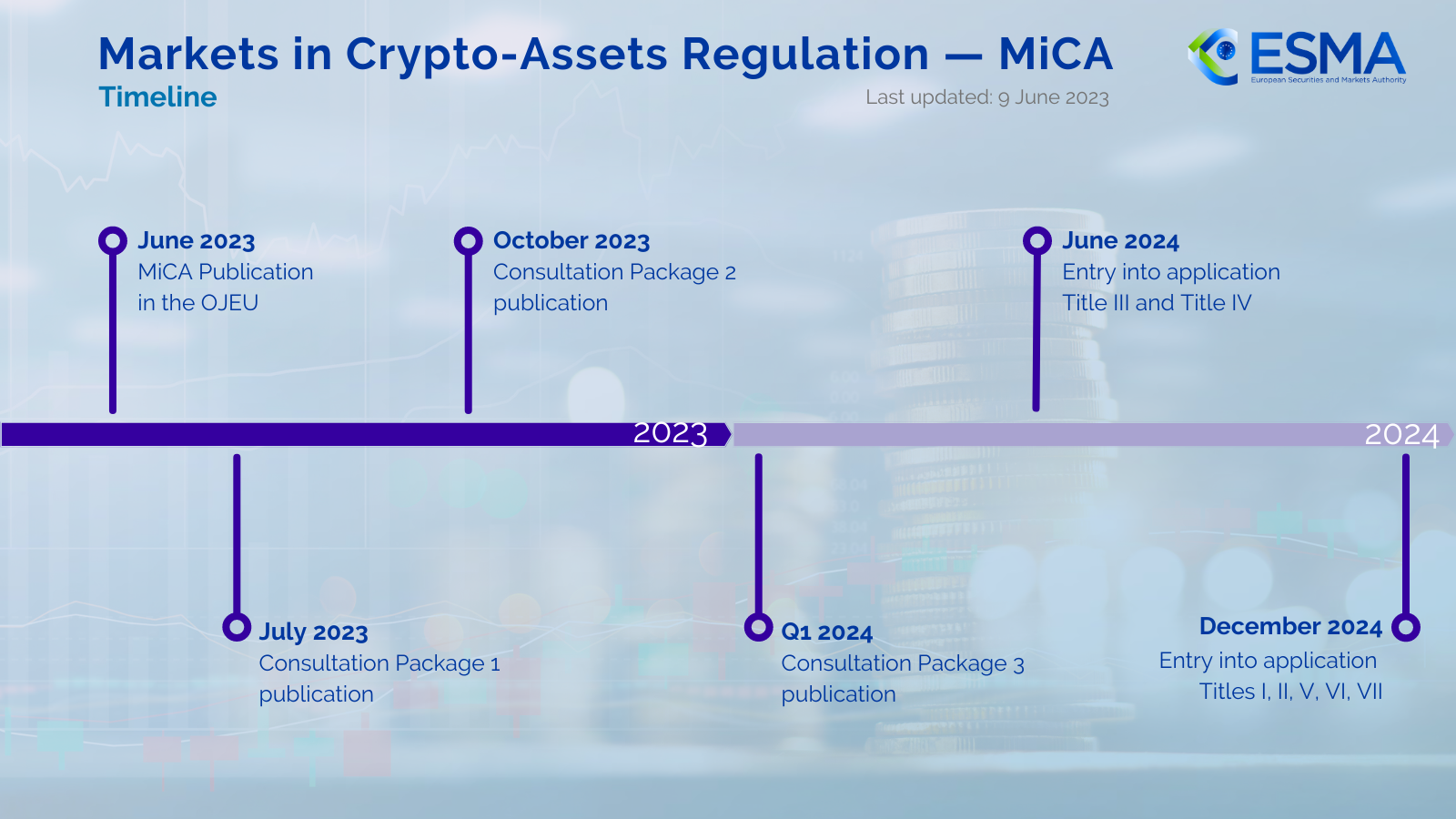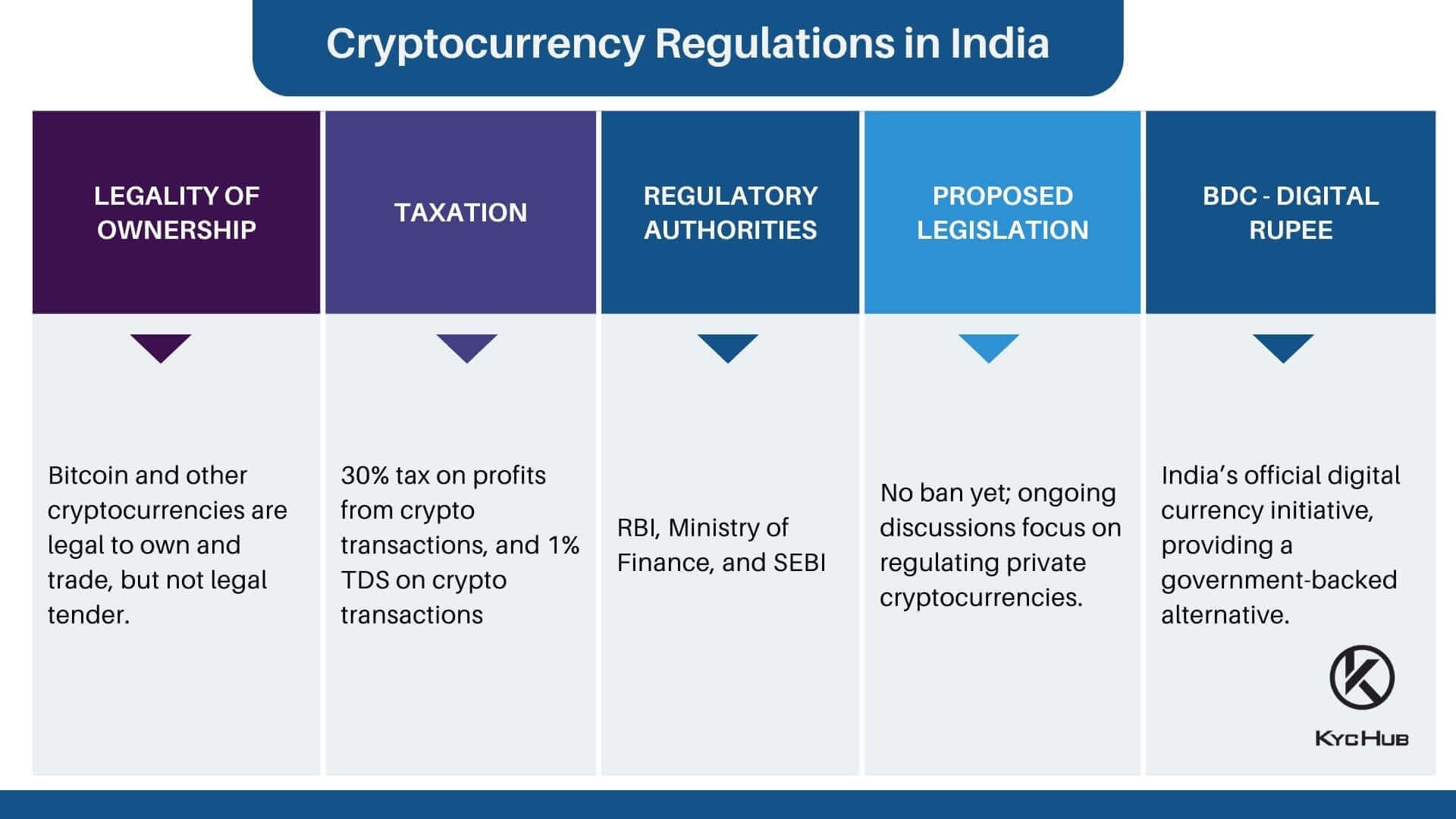Many countries are stepping up their efforts to implement regulatory frameworks aimed at ensuring security, consumer protection, and financial stability in the digital asset sector. In this article, we look at 10 major changes in cryptocurrency regulation expected around the world in 2025.
United States - Bans CBDCs and Moves to Create a Strategic Digital Asset Reserve
In January 2025, President Donald Trump signed an executive order establishing a ‘Digital Asset Markets Task Force’. This group is responsible for evaluating the possibility of creating a U.S. strategic national reserve of digital assets.
Key solutions must be provided within 30, 60, and 180 days:
The aggressive Timeline FOR ACTION by the President’s Working Group on Digital assets:
— SMQKE (@SMQKEDQG) January 30, 2025
February 22nd, 2025⏰
March 24th, 2025⏰
July 22nd, 2025⏰
In July 2025, a federal regulatory framework governing the digital asset industry in the U.S. will finally be proposed for… https://t.co/bQQ8hmkclf pic.twitter.com/2FzYMDvlAQ
- 30 days (by February 22, 2025): The task force must review all regulations, guidelines, orders, and other documents impacting the digital asset sector.
- 60 days (by March 24, 2025): Each agency must submit recommendations on whether to modify or repeal these regulations.
- 180 days (by July 22, 2025): The task force must deliver a report to the President with policy recommendations, including a proposed ‘federal regulatory framework for digital assets’ and an assessment of the potential ‘national digital asset reserve’.
European Union - Cryptocurrency Licensing and Ownership Verification
In May 2023, the European Union introduced the world’s first comprehensive cryptocurrency regulation, known as the Crypto-Asset Markets Regulation (MiCA). Currently, the European Securities and Markets Authority (ESMA) is consulting the public on various measures.

Any company issuing or trading cryptocurrency will need to obtain a license. Starting in January 2026, all service providers will be required to obtain the 'sender's and beneficiary's names', regardless of the transfer amount. Additionally, any self-hosted wallets holding over €1000 will need to undergo ownership verification for transactions.
United Kingdom - Stablecoin Regulation
Developing Cryptocurrency Regulations Post-Brexit
After leaving the EU, the UK is developing its own regulatory framework for cryptocurrencies. The Financial Conduct Authority (FCA) must authorize any company offering digital currency.
The FCA, along with the Bank of England, has proposed a regulatory approach for stablecoins aimed at leveraging the potential benefits these assets could offer to consumers and retailers in the UK. Specifically, by making payments faster and cheaper. The proposed regulations for stablecoins focus on consumer protection, preventing money laundering through a reliable set of rules, and ensuring financial stability.
Sheldon Mills, Executive Director, Consumers and Competition, FCA, said:
We look forward to continuing our engagement with Government, our partners, and the wider crypto industry as we move forward with the Government’s first phase in developing the UK’s crypto regulation regime and beyond.
“I am a supporter of #Bitcon and crypto. They're a good thing. They help take power away from central banks”
— Swan (@Swan) January 9, 2025
— Liz Truss, former Prime Minister of the United Kingdom pic.twitter.com/3aWDRqlmIf
Japan - Cryptocurrency Classification and Tax Revision Update
Japan’s Financial Services Agency (FSA) has announced plans to reclassify cryptocurrency assets, such as Bitcoin, as ‘financial assets’ in its 2025 fiscal year tax reform proposals. This would change their current classification from ‘payment instruments’ to something more aligned with traditional investments.
The ruling Liberal Democratic Party (LDP) also aims to move away from the current cryptocurrency tax system, which imposes high-income tax rates on traders, in favor of a capital gains tax approach.
Despite some differences in their approaches, the FSA and the LDP agree on the need to update the legal classification of cryptocurrencies.
South Korea - Implementation of the Crypto Regulation Next Phase
According to local media, the initial regulatory measures introduced in July 2024 were largely focused on investor protection. Key requirements included cryptocurrency exchanges storing at least 80% of user funds in cold wallets, ensuring these assets are protected from potential breaches.
In 2025, the Financial Services Commission (FSC) will focus on strengthening oversight, enhancing investor protection, and aligning the country's policies with global standards. Building on this foundation, Phase 2 of the regulations will take a broader approach, addressing market operations, user protection, and service provider practices.
This next phase will identify regulatory gaps, such as standards for crypto asset reporting, and work toward establishing a separate framework for stablecoin business and commercial transactions.
India - 30% Tax Implementing
The legal status of cryptocurrency in India remains uncertain as a legal payment method; as of 2025, the Indian government has not recognized any cryptocurrency as legal tender. However, buying, selling, and trading cryptocurrency are legal, and there are no restrictions on crypto investments.

Starting in 2025, the Indian government has introduced a 30% tax on profits from the trading, sale, or crypto spending. Additionally, a 1% tax deducted at source (TDS) applies to cryptocurrency sales exceeding 50,000 rupees (~$580), or in some cases, 10,000 rupees (~$115) within a financial year. Income generated from activities such as staking, airdrops, or mining may also be subject to income tax.
Brazil - Reduction of Import Duty to 0% on Mining Equipment
Cryptocurrencies are not recognized as legal tender in Brazil, but they can be stored, exchanged, and used as a means of payment. Brazilian legislation treats digital assets as property, which subjects them to the same taxation rules applicable to movable property.
Additionally, exchanging one cryptocurrency for another without converting to fiat currency (BRL) is also subject to capital gains tax. A bill may be considered in 2025 that would eliminate taxation on cryptocurrency-to-cryptocurrency exchanges (without fiat conversion). If passed, this would reduce the tax burden on investors.
The Brazilian government has also taken steps to boost the cryptocurrency mining industry. The Ministry of Economy, through the Foreign Trade Chamber, issued a decree temporarily eliminating import duties on mining equipment using the SHA-256 algorithm, as well as on hardware cryptocurrency wallets. This measure will remain in effect until December 31, 2025.
United Arab Emirates - Licensing Simplification for Virtual Asset Providers
In recent years, the UAE has aimed to enhance its competitiveness and financial innovations, positioning itself as a hub for crypto and blockchain activity, and continues to make significant progress in this direction in 2025.
The Securities and Commodities Authority (SCA) and the Virtual Assets Regulatory Authority (VARA) announced the launch of a new supervisory framework for companies involved in virtual assets in the country, aimed at ensuring greater consistency and regulatory compliance within the UAE.
His Excellency Helal Saeed Al Marri, Chairman of VARA’s Executive Board, stated:
This marks a key milestone, showcasing regulatory unity in the UAE, advancing our shared vision of a reliable, secure, and compliant virtual assets' ecosystem.
Under the new agreement, companies operating in or from Dubai must continue to be licensed by VARA, the world’s first regulatory authority focused on cryptocurrency. However, moving forward, VARA’s licensing will automatically grant Virtual Asset Service Providers (VASPs) registration with the SCA, enabling them to serve a wider territory across the UAE.
Australia - Clarifying Regulation for Digital Asset Platforms
Australian regulators continue to strengthen efforts to establish clearer frameworks for cryptocurrency regulation.
The Anti-Money Laundering and Counter-Terrorism Financing Amendment Act 2024 introduced significant reforms to Australia’s AML/CTF regime. These reforms will have a substantial impact on Australian virtual asset service providers, with most changes set to take effect by March 31, 2026. Currently, AUSTRAC is consulting on a draft of the AML/CTF rules, which are expected to be finalized in 2025.
The government is also exploring the use of the Australian Financial Services License (AFSL) framework to regulate digital asset platforms, aiming to address risks related to the custody of digital assets for consumers. A draft bill may be presented in 2025 to bring more clarity to the digital asset industry.
The Republic of Turkey - Tightens AML rules
On December 25, 2024, the Republic of Turkey announced new Anti-Money Laundering (AML) regulations for crypto asset users, as outlined in the official government gazette. Under these new rules, users will be required to provide identification information to Crypto-Asset Service Providers (CASPs) for transactions exceeding 15,000 Turkish Liras (~ $425).
This regulation will come into effect in Turkey by February 25, 2025, aiming to reduce the illegal use of digital assets for money laundering.
CASPs will be required to collect all necessary information from wallet addresses or users who are not registered. If a crypto wallet is not registered, the transaction will be deemed high-risk, and the CASP will have the right to terminate business relations or restrict transactions with the user.

Disclaimer: All materials on this site are for informational purposes only. None of the material should be interpreted as investment advice. Please note that despite the nature of much of the material created and hosted on this website, HODL FM is not a financial reference resource and the opinions of authors and other contributors are their own and should not be taken as financial advice. If you require advice of this sort, HODL FM strongly recommends contacting a qualified industry professional.





